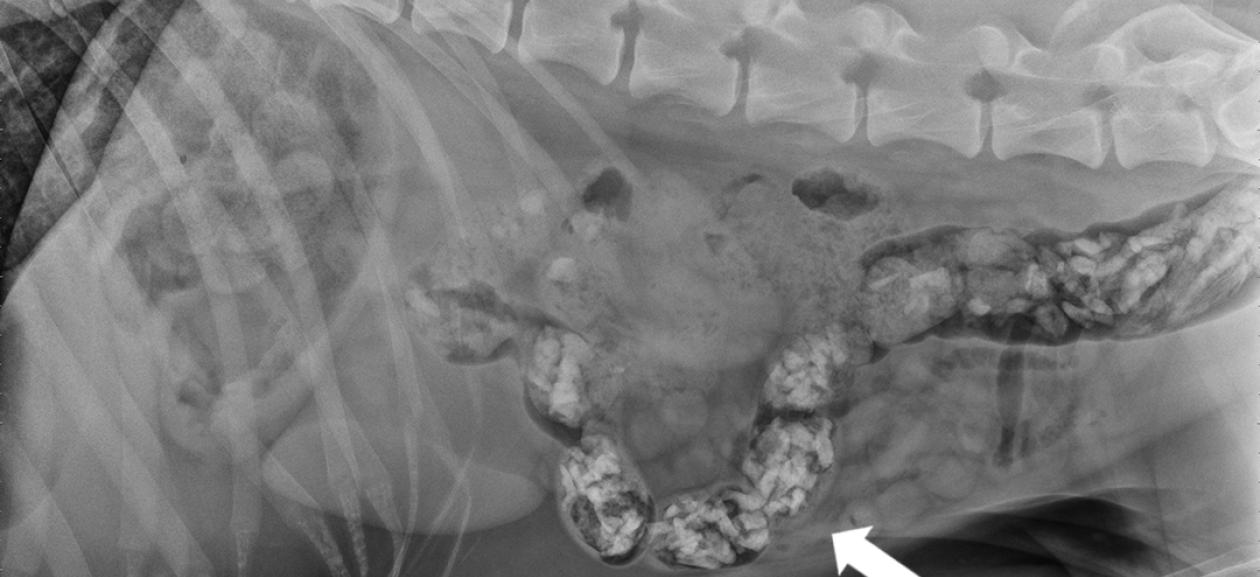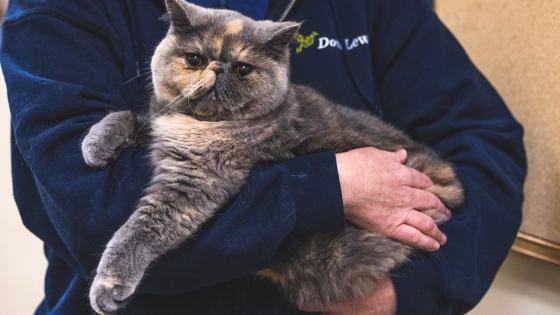
Chocolate and Marijuana Top List of Dangerous Pet Ingestions
DoveLewis offers a snapshot of the most common animal medical issues and dietary indiscretions in the Portland area
PORTLAND, Ore. – After treating more than 15,500 animal patients last year, DoveLewis Veterinary Emergency and Specialty Animal Hospital reported the most common medical issues experienced by Portland area pets, as well as the top inappropriate items ingested.
Top 10 Medical Issues Treated
Vomiting, diarrhea and other intestinal issues account for the largest percentage of patients treated in an emergency hospital, as it is symptomatic of numerous injuries and illnesses.
- Vomiting, diarrhea and other intestinal issues
- Ingesting inappropriate items
- Wounds and lacerations
- General pain and discomfort
- Urinary tract issues
- Respiratory issues
- Trauma (falling, broken and fractured bones, hit by car, etc.)
- Cancerous and non-cancerous masses
- Allergic reactions
- Seizure
Top 10 Items Ingested by Animals
Dietary indiscretions is the second largest issues treated at DoveLewis. Last year, patients ate more than 150 types of food, objects and other inappropriate items that caused illness or injury. Topping the list are chocolate and marijuana (usually eaten by pets in the form of edibles), which are extremely toxic to animals. More solid items – like bones, toys and plastic – can cause damage as they move through a pet’s body.
- Chocolate
- Marijuana
- Human or animal medication
- Grapes or raisins
- Chicken bones or other meat bones
- Socks
- Dog or cat toys
- Rat poison or pesticides
- Plastic (toys, dishes, bags, etc.)
- Lilies
Some of the more unique items ingested include a diamond ring, doll hair, fireworks, lacrosse ball, thumbtacks and an entire roll of toilet paper. Plus, one dog ate three remote controls and another patient consumed 28 tampons.



